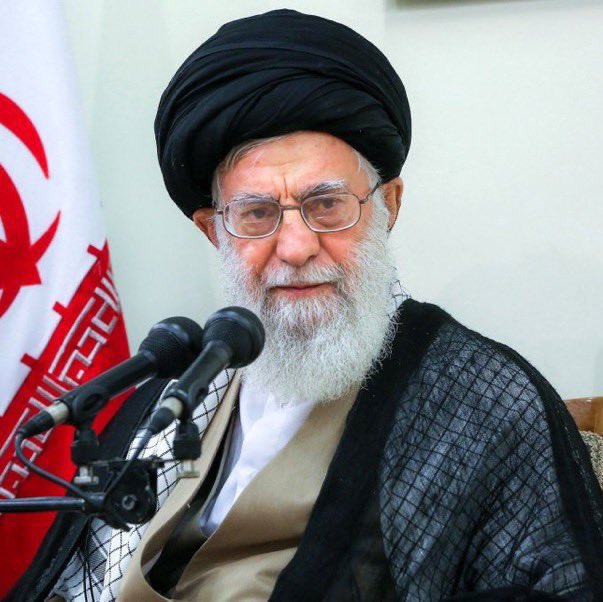
By Ali Nasser Mohammed
Arab history witnessed the rise and fall of states. This was most notably the Umayyad state, taking Damascus as its capital and from there on reaching Andalusia. It finally collapsed at the hands of its Abbasid oppressors, who moved the seat of the Umayyad caliphate to Baghdad as lead by Abu al-Abbas al-Saffah.
The Abbasids inturn did not learn from the lessons of the Umayyads and do away with the struggles between themselves until their Arab feature faded and dominated by the Seljuks until the arrival of Saladin, who led the Battle of Hattin in 1187 and broke the power of the Crusaders. After this victory, Saladin regained Jerusalem.
What is happening in the occupied Gaza Strip and the West Bank, Lebanon and Syria is not the last. Today, and now, Israel occupying Mount Hermon and the buffer zone despite an international decision and a 1974 agreement, proving the chain of Zionist expansion and foreign interference in Arab affairs to weaken and subjugate them one after the other.
As for the extended past, Syria rejected normalization according to Israeli whims and strategic interests that may be achieved after the earthquake of 8 December, 2024.
During my meeting with the late President Hafez al-Assad, his attention was drawn to a large copper plaque hanging on the wall of his office depicting the Battle of Hattin. He said: “The Arabs fought the Crusaders for more than 100 years until they expelled them from Jerusalem and other Arab countries, and that the fate of Israel will be like the fate of the Crusades.”
He then spoke about an offer made to him by the also late Israeli Prime Minister Yitzhak Rabin, which included withdrawing from the Golan while keeping Lake Tiberias, which he said the Israelis “like to wet their feet in its waters,” in exchange for recognizing the Zionist entity. Al Assad rejected this offer and stressed that the Israeli flag would not be raised in the skies of Damascus except by establishing a Palestinian state with Jerusalem as its capital.
Israel incursions
The Golan, which Hafez al-Assad refused to be a deal at the expense of the Palestinian cause, today witnesses an incursion by the Zionist enemy into its buffer zone at the ceasefire line and the enemy’s prime minister’s renewed declaration that the Golan Heights will remain Israeli forever.
Not content with that, Israel launched more than 480 raids that destroyed military sites, strategic weapons depots, surface-to-air missiles, fighter jet squadrons, dozens of helicopters, airports, air defense batteries, and the military infrastructure of the Syrian army, which was founded on 1 August, 1946. At the same time, the Israeli navy carried out large-scale strikes to destroy the Syrian naval fleet, including coastal defense systems and ships containing sea-to-sea missiles.
What is shameful for both the Syrian and Arab sides is that paralyzing the role of the Syrian army does not serve the interests of Syria and the Arab nation, its security, dignity, and national role. The army was actually dissolved without a declared decision, as happened in occupied Iraq in 2003 by America, which made it easy for Israel to achieve a golden goal that it had never dreamed of.
These strategic national gains belong to the Syrian people, not to any regime, regardless of its identity, and they are irreplaceable, which requires the Syrian people and their new government to be deeply aware of the ambitions of the Zionist entity and its allies in the region, which have no end unless Syria’s security and sovereignty are not a priority. Therefore, it has become necessary to work quickly and seriously to preserve what remains of the military establishment, which was and still is the pillar of Syrian power and which has no alternative unless foreign agendas hide something else.
Syria’s recovery from its deep wounds and its strong and majestic return to the Arab arena, in a manner befitting its Arab role and national interests, requires distinguishing the enemy from the friend and clinging to the national interest in addition to unity of ranks, overcoming divisions and the short-sighted policy of revenge.
Our history teaches us that major challenges can only be faced by the will of a unified people and a conscious leadership that realizes that Syria’s strength is a guarantee for the stability of its people and the region and for repelling any aggressive projects that threaten its present and future and the future of the Arab nation.
Today, this nation is in dire need of an Arab project to get it out of the circle of conflicts, wars and sectarianism that undermines the rights of others to draw a better future for the present and the future.
However, this requires vision, will, and insightful and patriotic leadership. Otherwise, Syria and the Arabs will enter a phase of decline, fragmentation and civil wars, and no one will escape this fate from the ocean to the Gulf.
We hope that the Syrian people, who are looking forward to their freedom, independence and sovereignty, will overcome this difficult historical stage in the life of the Syrian state and will be able to achieve their aspirations at the hands of their sons and youth. This is what the Syrian people, with their history and civilization extending deep into history, have accustomed us to.
The writer is a former President of South Yemen before the country was united in 1990. He wrote this article for the Arabic Al Rai Alyoum







